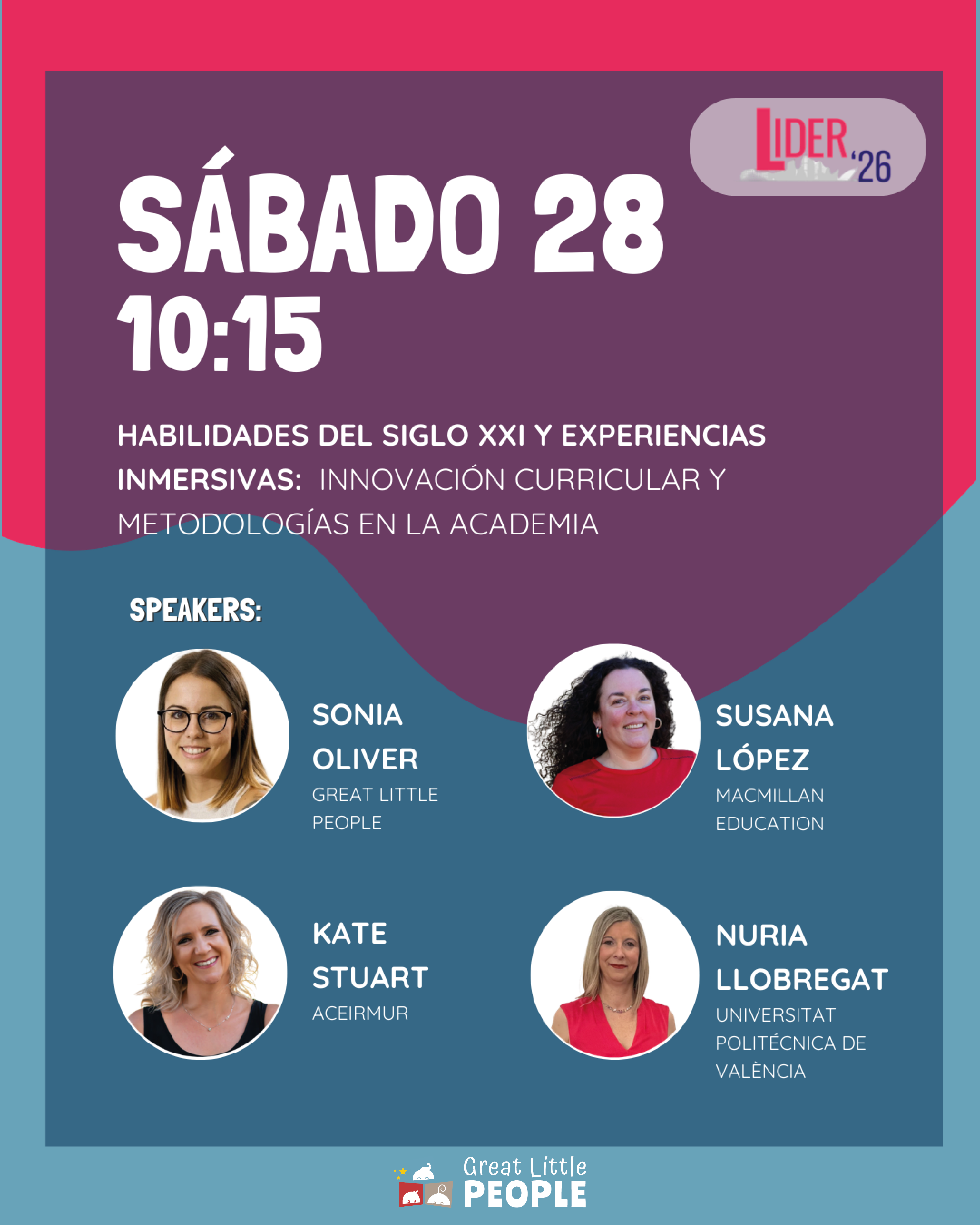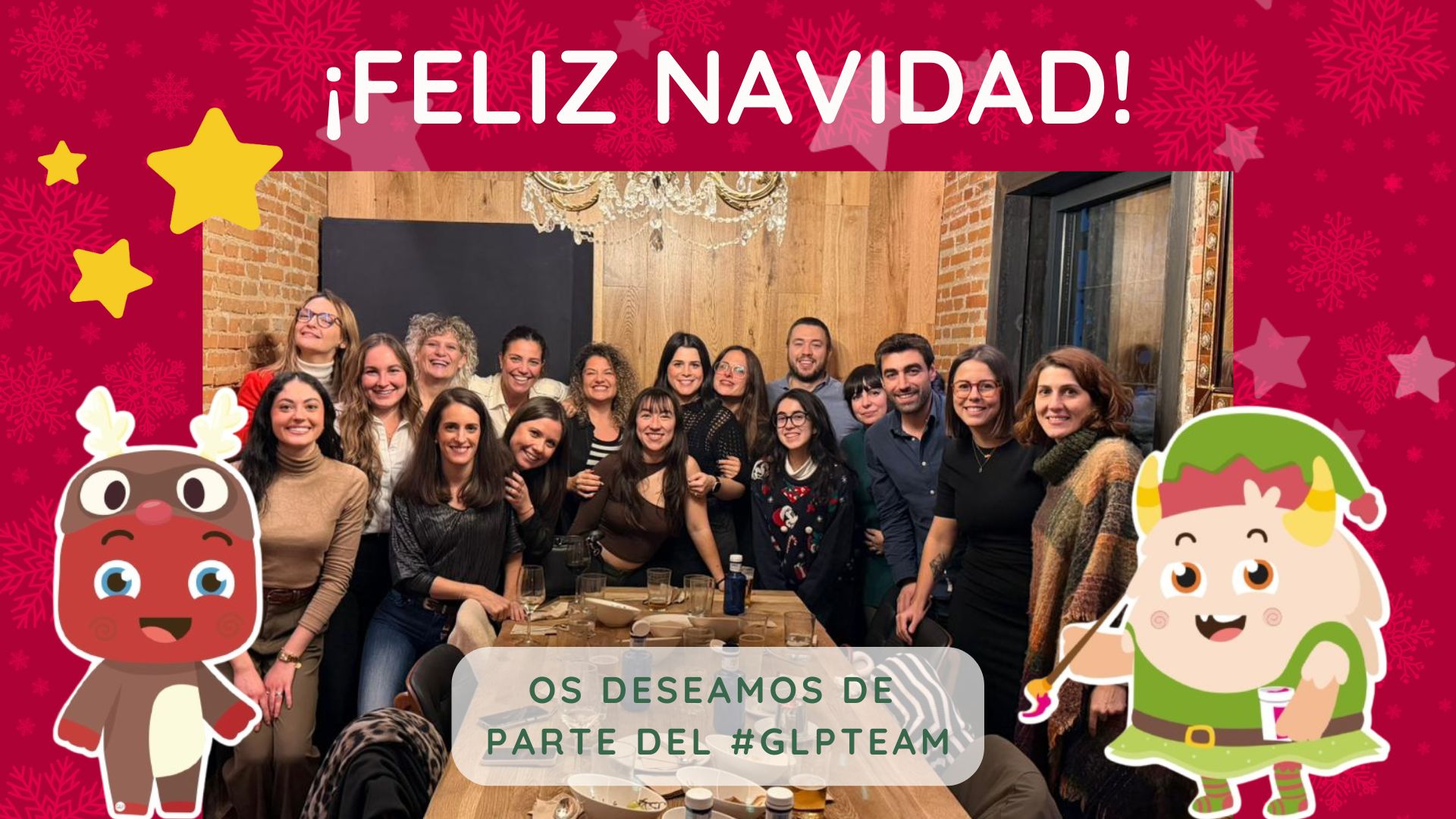The time in English for children in the family is a fundamental part of the education of every human being.
Teaching values and principles will promote the education of girls and boys. The education of our children in our homes must become our priority. Not only is it essential for the development of your personality but as learning a language with the time in English for children.
Studying a foreign language serves to maintain a dynamic at home, as well as an interest on the part of the family in that language. Most of the time, children are interested in what they see in the family. As with reading, a child who sees their parents or siblings reading feels that this is positive and seeing that this is done normally, the boy or girl also wants to do it. The same goes for learning English for children.
Education is a very long process that starts at home and then at school. But both sides are needed to achieve the child's full educational and personal development.
The key to learning a language is to promote it in the family environment
At Great Little People, we think that both the school and the family should share information, concerns and thoughts about the education of children, thus establishing dynamics that help them learn a language. The environment must be the best possible as it will in turn influence the English language acquisition for children.
At home for the little ones, you must show interest in the language. Even if you are not fluent in the language, you should not show shame in doing so in front of them. Any situation can lead to teaching boys and girls that there are many different cultures and people in the world and that learning English can be a plus for being able to communicate with other people. In this way, they will see the process of learning English as relevant to them.
At school, children receive all kinds of information. In the case of English, they hear some words for the first time, sing, dance or read Stories in English for children. Arriving home with their family, this is where the boy or girl expresses everything he learned at school. It incorporates it into the family environment to complete learning.
Propose activities in which they can participate and promote language learning
An attempt should be made to transfer from school to the family environment, activities in English for children that they do in class. In this way, daily routines such as dinner or bath time can be included in everyday life. Projecting videos, drawings, and even complementary activities in English such as theater, tell stories or dances with children's songs. These are some examples of how to promote language learning from home.
One activity to do with children is to read stories and sing songs. In this post about how Learn English. We show you some songs and stories in English that promote learning. Another activity to do with children are games. Discover some games in English for children.
Encouraging creative activities for children where parents participate will be very beneficial.
The accompaniment of the family in the learning process will produce confidence and enthusiasm in the boy or girl when it comes to speaking English.
Don't wait any longer, and come and discover the number one English method for children in Spain. Book your free class at more than 50 centers than Great Little People It has in the Community of Madrid, Seville and Zaragoza.





